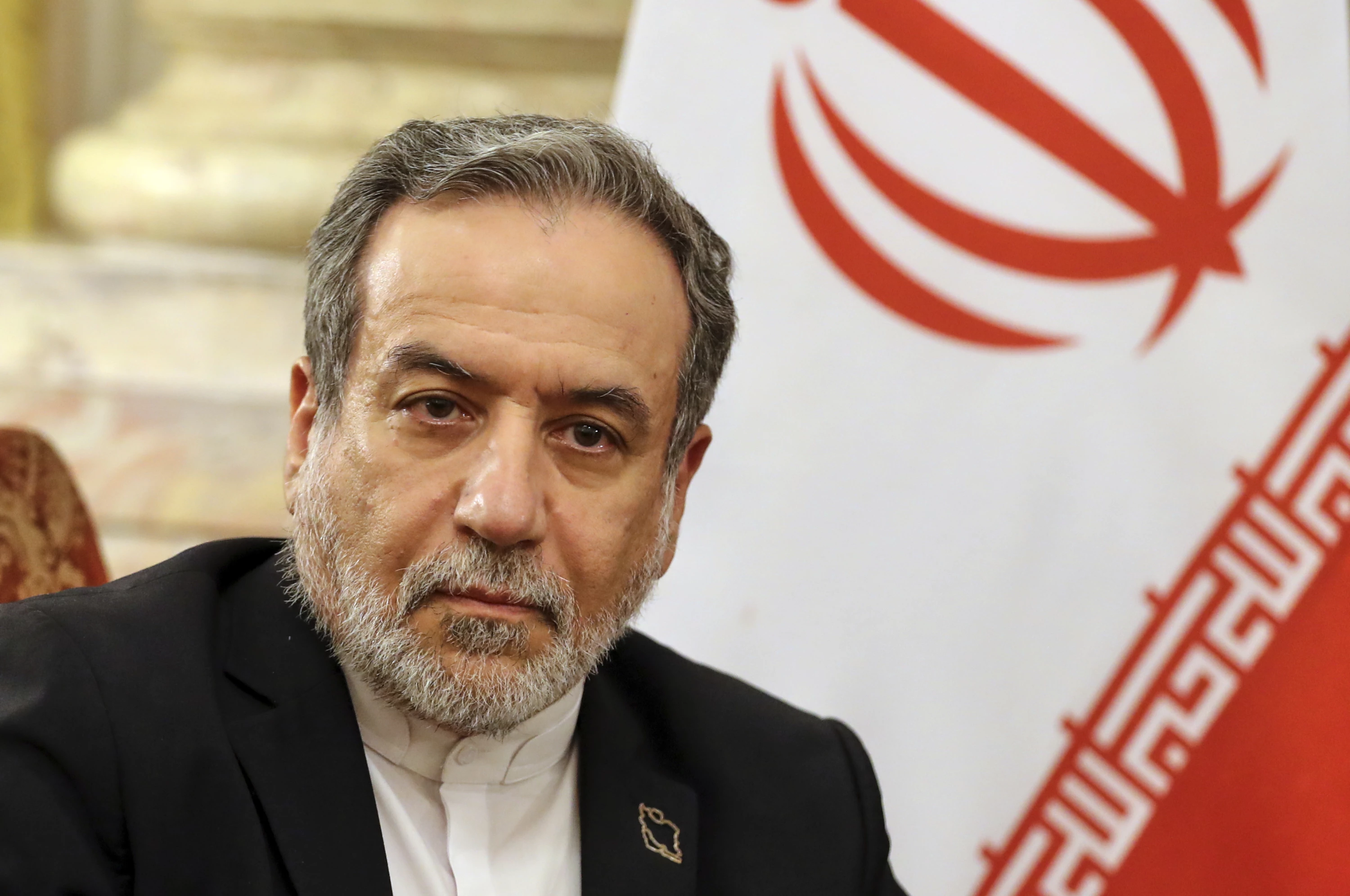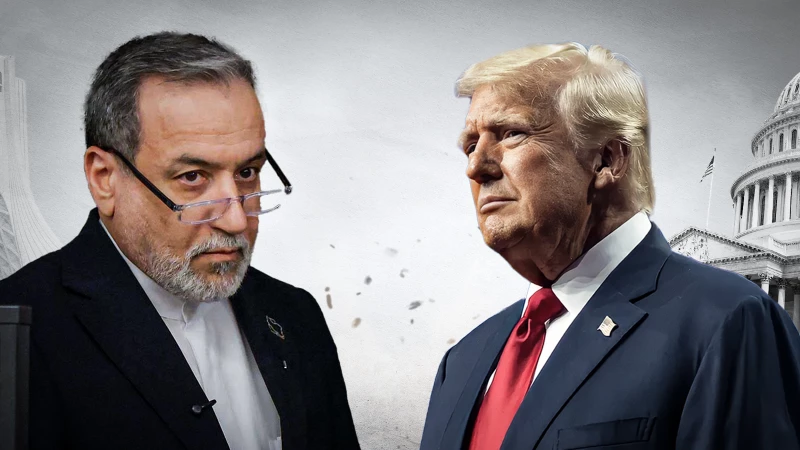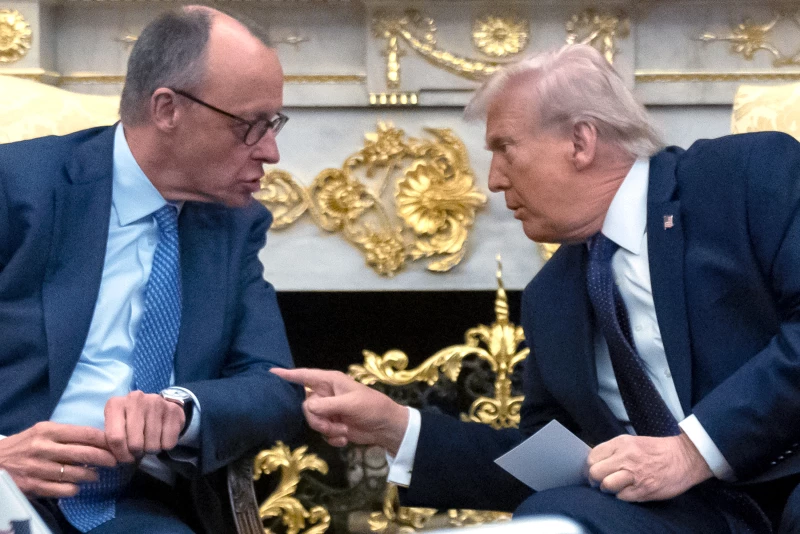ERBIL, Kurdistan Region of Iraq - Abbas Araghchi, Iranian foreign minister, on Sunday reiterated that the development of nuclear technology “for peaceful purposes” is an “inalienable right” that Tehran refuses to waive.
“The development of nuclear technology for peaceful purposes, including enrichment, is an inalienable right of the Iranian people; a right that we have never and will never waive,” Araghchi stated in a speech on Sunday.
The Iranian top diplomat has previously expressed Tehran’s willingness to get into dialogue with Washington over the nuclear issue, though firmly refusing to fully terminate the nuclear program, as the US demands.
Iran’s nuclear program has been a source of concern to Western states who fear Tehran’s potential abuse of power and enhanced influence in the region should it acquire nuclear weapons.
The signing of the 2015 Joint Comprehensive Plan of Action (JCPOA), also known as the Iran nuclear deal, came to alleviate the concerns of Western powers while providing Iran with sanctions relief. The US reinstated sanctions on Iran in 2018 after withdrawing from the pact, leading to several rounds of negotiations between Tehran and Washington aimed at reviving the deal. The talks were indefinitely halted after the US and Israel struck Iran’s nuclear facilities earlier this year.
Iran’s President Masoud Pezeshkian in early November announced that the country is rebuilding its nuclear facilities “with greater strength,” following the damage caused by Israeli and American attacks during the 12-Day War in June.
Following the reimposition of crippling sanctions by the United Nations (UN) in September over accusations of not fulfilling its nuclear obligations, Tehran blocked the UN nuclear watchdog, International Atomic Energy Agency (IAEA), from maintaining oversight of its facilities, citing the termination of the nuclear deal’s commitments.
The UN nuclear watchdog on Wednesday told AP it has been unable to verify Iran’s near weapons-grade uranium stockpile since June strikes by Israel and the United States, warning it “lost continuity of knowledge” of nuclear inventories and that the issue must be “urgently addressed.”



 Facebook
Facebook
 LinkedIn
LinkedIn
 Telegram
Telegram
 X
X


